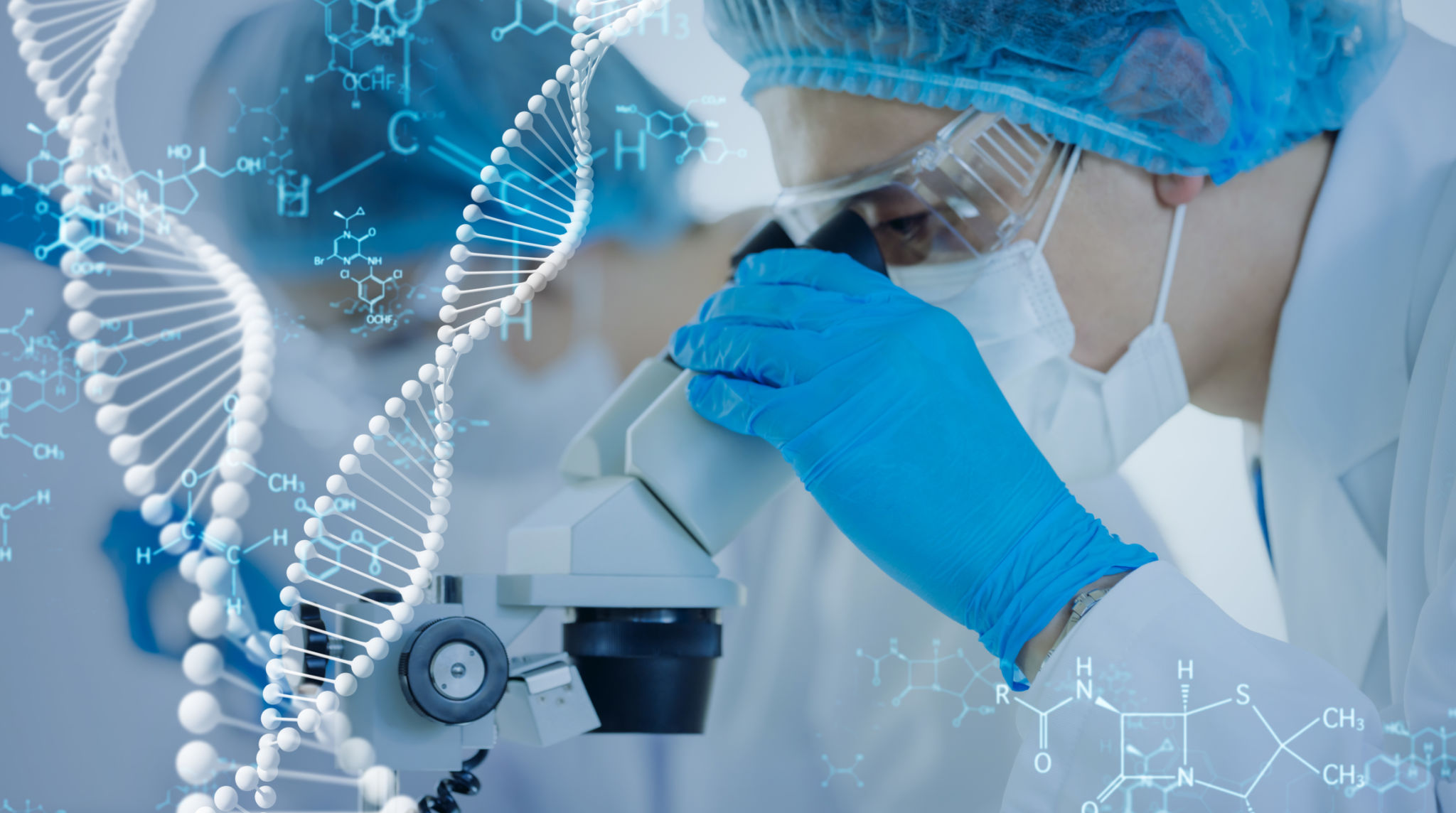Trends in DNA Testing: Innovations and What They Mean for You
Understanding the Rise of DNA Testing
In recent years, DNA testing has gained immense popularity, evolving from a niche scientific field into a widely accessible consumer service. This shift is largely due to technological advancements and the availability of at-home testing kits. These kits have empowered individuals to explore their genetic makeup from the comfort of their homes, sparking curiosity about ancestry, health risks, and more.

The appeal of DNA testing lies in its potential to uncover fascinating insights about our genetic heritage. Beyond discovering ancestral roots, people are increasingly using these tests to gain information about potential health risks and inherited conditions. This trend reflects a growing awareness and interest in personalized healthcare.
Innovations in DNA Testing Technology
Recent innovations have significantly enhanced the accuracy and scope of DNA testing. One of the most notable advancements is the development of whole genome sequencing. Unlike traditional methods that analyze specific parts of the genome, whole genome sequencing provides a comprehensive analysis of an individual’s entire genetic code.
Another breakthrough is the use of artificial intelligence to interpret genetic data. AI algorithms can now identify patterns and variants in genetic sequences more efficiently, leading to quicker and more precise results. This not only improves the accuracy of ancestry reports but also enhances predictions regarding potential health risks.

Expanded Health Insights
Modern DNA tests offer more than just ancestry information. They now provide detailed health reports, highlighting genetic predispositions to various conditions. This innovation allows individuals to take proactive steps in managing their health by making informed lifestyle and medical decisions.
For example, some DNA tests can reveal an individual’s likelihood of developing conditions such as heart disease or diabetes. Armed with this knowledge, people can work with healthcare professionals to create personalized prevention strategies, potentially improving their long-term health outcomes.
Ethical Considerations and Privacy Concerns
As DNA testing becomes more prevalent, ethical and privacy concerns have come to the forefront. The handling and storage of genetic data raise questions about consent and confidentiality. Companies offering these services must prioritize user privacy and ensure that data is protected from unauthorized access.

Moreover, there is an ongoing debate about the implications of genetic information for insurance and employment. While genetic data can be a powerful tool for personal insight, it's essential to establish clear regulations to prevent misuse or discrimination based on genetic findings.
The Future of DNA Testing
The future of DNA testing looks promising, with continuous innovations on the horizon. We can expect even more refined insights into our genetic makeup as technologies advance. The integration of genetic data with other health information will likely lead to a new era of personalized medicine.
As people become increasingly empowered by their genetic knowledge, the role of healthcare professionals will also evolve. They will need to guide individuals in interpreting genetic data and integrating it into their overall health strategies effectively.

What It Means for You
The advancements in DNA testing present an exciting opportunity for individuals to gain a deeper understanding of themselves. Whether you are curious about your ancestry or interested in assessing potential health risks, these tests offer valuable insights. However, it's crucial to approach this information thoughtfully, considering both its potential benefits and limitations.
As you explore your genetic heritage and health predispositions, remember that DNA is just one piece of the puzzle. Lifestyle choices, environmental factors, and regular medical check-ups remain vital components of maintaining good health. By combining these elements with genetic insights, you can make informed decisions that enhance your well-being.
